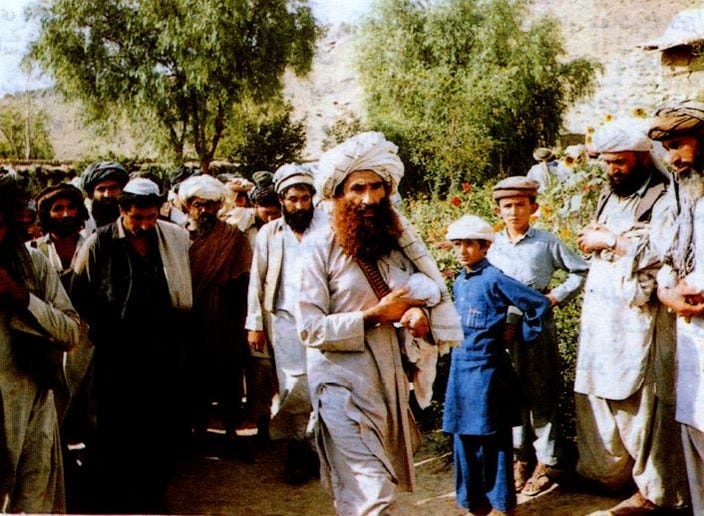Taliban Struggle For Diplomatic Recognition
But increasing religious radicalism turns off allies
By: Salman Rafi Sheikh
Unlike the 1990s, when the Taliban won recognition quickly from their allies in the Muslim world – Pakistan, Saudi Arabia, and the UAE – the current regime, which came into power almost six weeks ago, is struggling to win diplomatic acknowledgment.
Pakistan, their closest ally, hasn’t recognized them even as Islamabad continues to m…
Keep reading with a 7-day free trial
Subscribe to Asia Sentinel to keep reading this post and get 7 days of free access to the full post archives.

